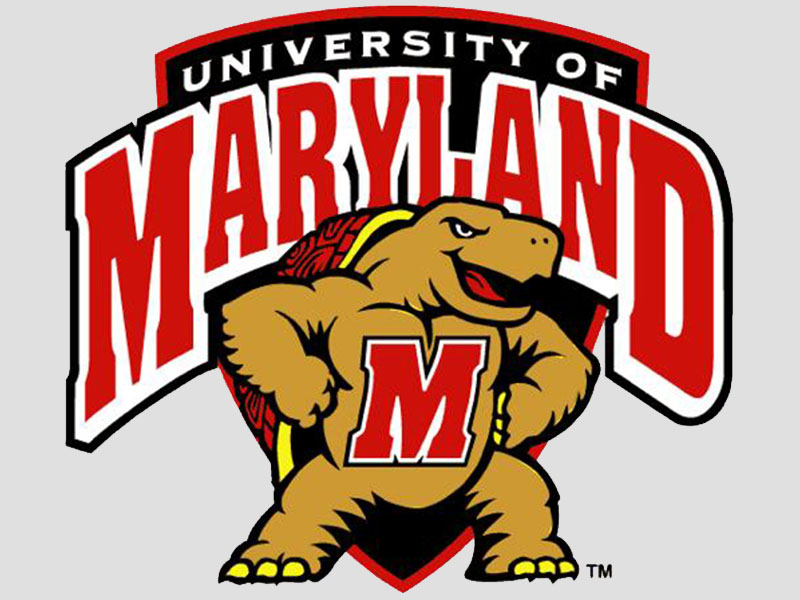Editor’s Note: We would like to apologize for the factual inaccuracy of this article. The University of Maryland is not giving research grants; rather, they have received a grant from the National Science Foundation so they can study cryptocurrency.
Update: This article has been modified to correct a number of reporting inaccuracies that appeared in the original text. We have added an acknowledgement to research teams at Cornell and UC Berkley, who are working as collaborators on this project with the University of Maryland. Additionally, we have added an acknowledgement to Elaine Shi, who is the lead Principal Investigator for this project. We would again like to apologize for the inaccuracies in this article, as well as thank Aaron Dubrow for aiding us in making the necessary changes to this article.
Educational and research institutes and universities have started showing their interest in the study and research of cryptocurrencies around the world. After the University of Nicosia started a M.sc. program in digital currency, several other institutes started courses as well. Now, University of Maryland has been awarded around $ 1,935,783 to conduct a cryptocurrency research project.
Also read: The Federal Government Orders Citibank to Pay $700 Million to Customers
The project’s base of operations is the University of Maryland College Park, with Nina Amla working as the project officer. This project is a collaboration between teams at University of Maryland, Cornell, and UC Berkley — with UMD receiving most of the grant funding. Elaine Shi is the lead Principal Investigator (PI) for the UMD team, withe David Van Horn, Jonathan Katz, Michael Hicks as co-PIs.
Professor Jonathan Katz is not new to cryptocurrencies, as earlier the last year, when the University of Maryland at College Park partnered with Coursera to offer a legitimate, free class in cryptography, he was the person who taught the students. Katz earned his Master of Philosophy in Computer Science at Columbia in 2001, and worked as a Research Fellow at UCLA’s Institute for Pure and Applied Mathematics in 2006.
Research.gov, a website that offers information on grant management for the NSF community, notes that this grant project aims to establish a rigorous scientific foundation for crypto-currencies. To achieve this goal, the project blends cryptography, game theory, programming languages, and systems security techniques. The students and groups that win the grant are expected to come up outcomes like:
- New crypto-currency designs with provable security properties.
- Financially enforceable cryptographic protocols whose security properties are backed by enforceable payments in case of a breach.
- Smart contract systems that are easy to program and formally verifiable.
- High-assurance systems for storing and handling high-value crypto-currencies and transactions.
Collaborate and Engage with Technologists, Economists, Social Scientists
Apart from providing solutions to some of the most difficult and important technical questions surrounding the current digital-money revolution, the project is also expected to provide a platform for technologists, economists, and social scientists. The project’s organizers will set up a crypto-currency speaker series that will bring these people and policy-makers to foster collaborations that will shape the future of digital currencies.
The major objective of the project is to bring concrete solutions to secure cryptocurrency designs, as most existing solutions rely on heuristic designs without a solid appreciation of the necessary security properties, or any formal basis upon which strong assurance of such properties might be achieved.
What do you think of University of Maryland’s new cryptocurrency grant project? Let us know in the comments below!
Image: University of Maryland
